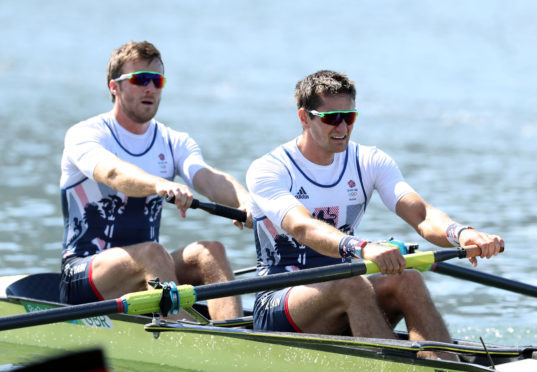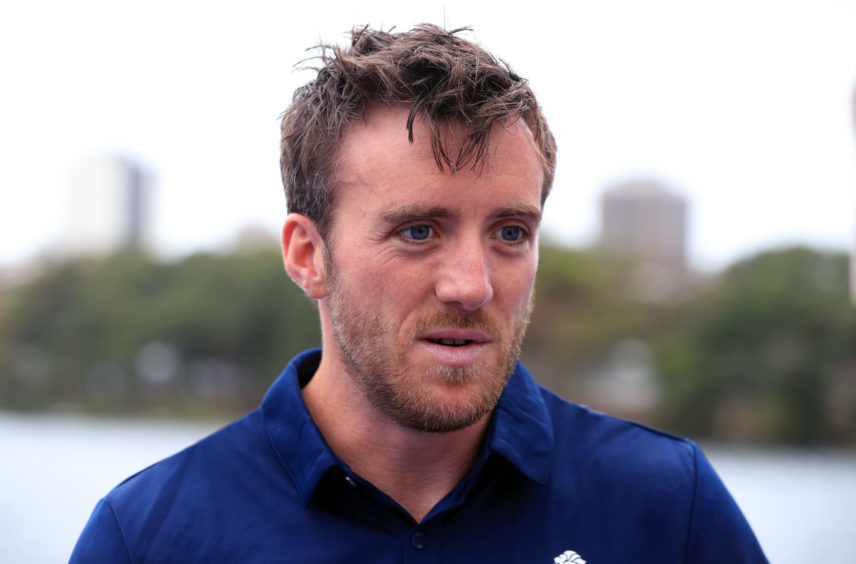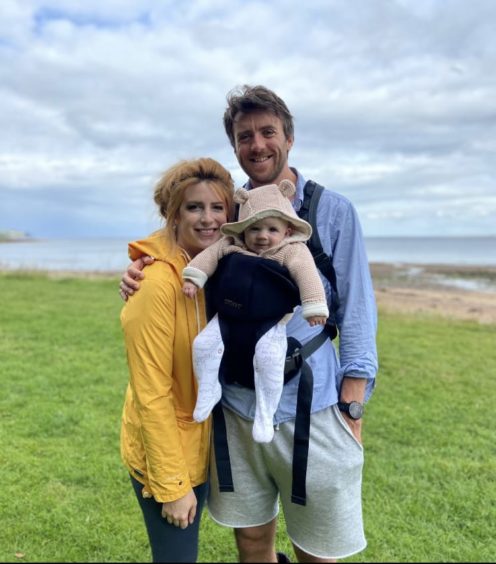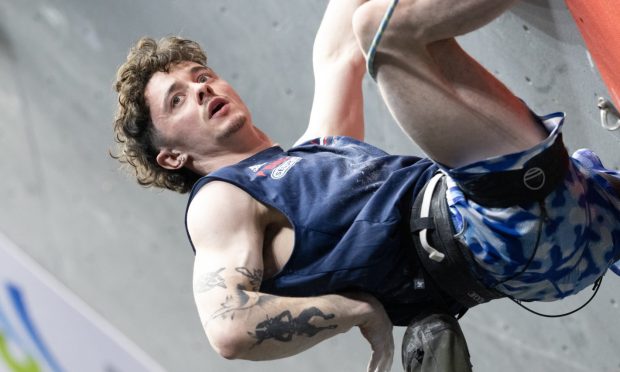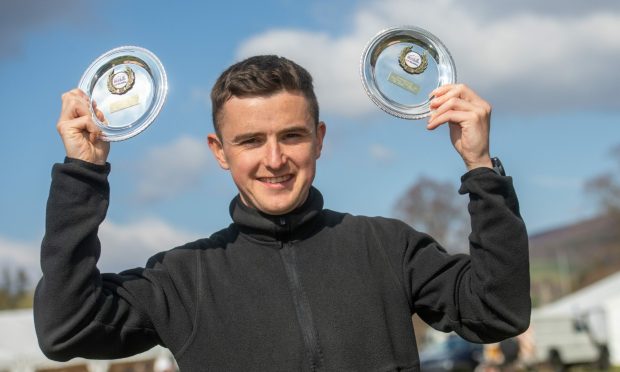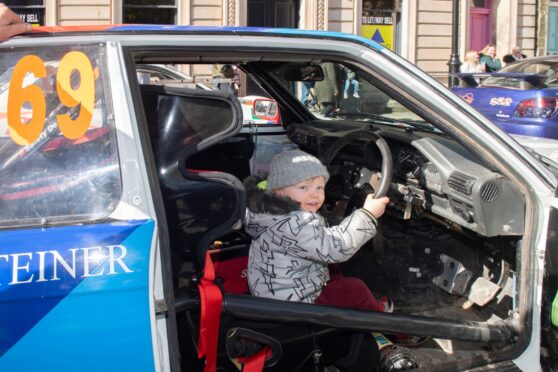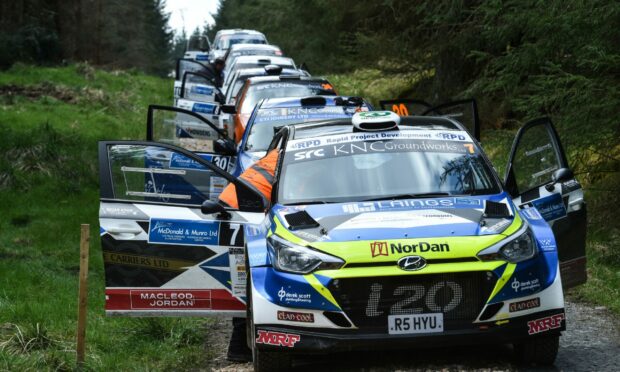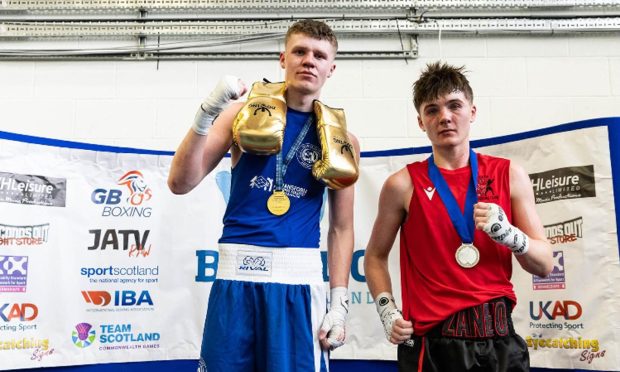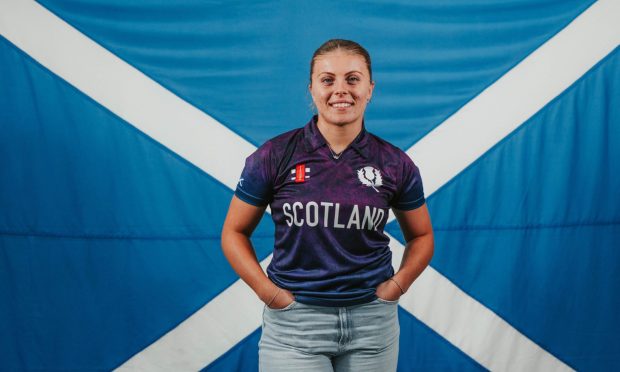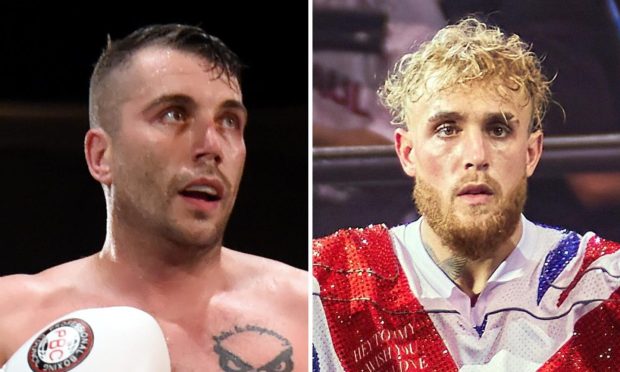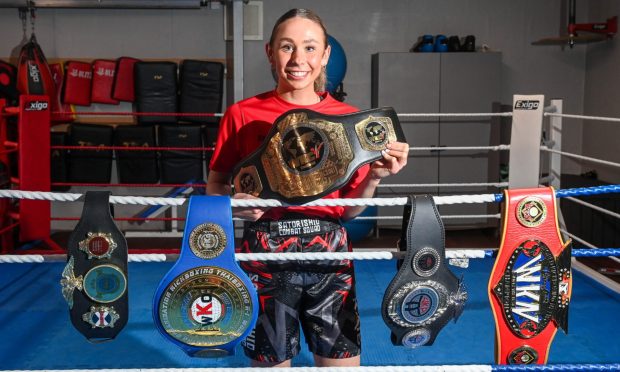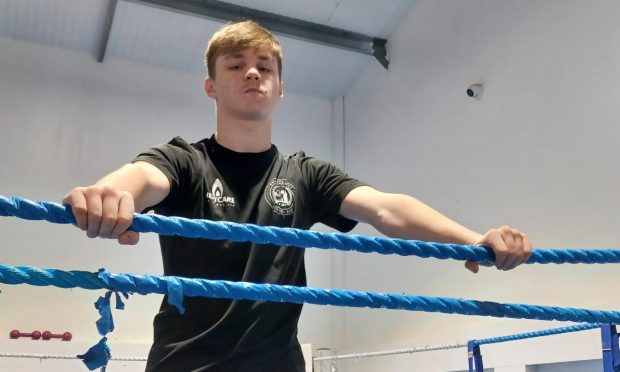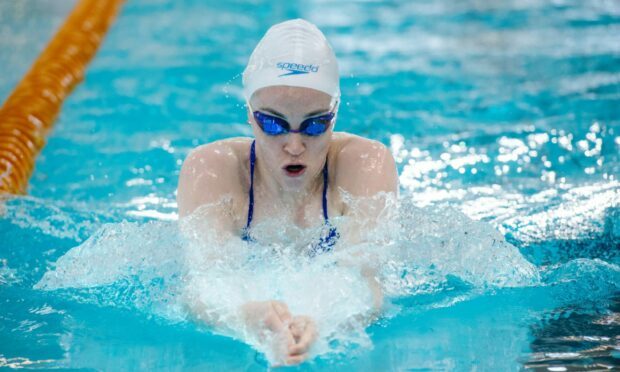The Olympic flame still burns strong with Alan Sinclair.
Today marks four years since Inverness rower Sinclair, alongside his GB Rowing colleague Stewart Innes, came seconds from winning an Olympic medal in Rio de Janeiro.
In contrast to the men’s four and eight boats, which both took home gold, Sinclair and Innes were not sure of their place on the place until the final World Cup in Poznan.
The pressure and tension that came with that lack of preparation time made it difficult for former University of Aberdeen student Sinclair to get the Olympic buzz.
“It took a long time, once we got there, to feel like this is the big thing. My gut was still not getting excited about the fact we’d made it. It probably wasn’t until after the heat that I felt more up for it.”
The heats themselves were a shambles. Windy conditions on the Lagoa de Freitas made for choppy waters and virtually impossible to post a good time. The Serbian boat, which went in the heat after Sinclair and Innes, capsized on the water.
Sinclair was angry and frustrated but after some self-reflection, talked himself out of the negativity. They had to tackle anything that was in front of them.
He also took inspiration from Steven Bradbury, the Australian short-track speed skater who won gold at the Winter Olympics in 2002 after the four other athletes crashed out on the final corner, allowing him to cross the line to take gold. Sport is unpredictable.
A second place behind the French got them into the semi-finals. In their race was the New Zealand duo Eric Murray and Hamish Bond, the indefatigable dominant force in men’s pairs rowing for seven years.
The conditions were calmer and the performance was much-improved. Sinclair and Innes took second behind Murray and Bond in a time of 6:26.37.
“We felt so much better. No matter what happened from there on, we’re ranked sixth in the world in the pairs at worst. The Kiwis were out in front, unsurprisingly, but we still hadn’t ruled out the chance we could move on again for the final.”
Support I’ve had has been insane- out here&at home! Thank you everyone! #rowing #TeamGB #Rio2016 pic.twitter.com/BAfNwYDzmW
— Alan Sinclair (@alansinclair) August 9, 2016
His parents Roy – president of Inverness Rowing Club – and Glenda made the journey out to Rio, as they tended to do for most of Sinclair’s races abroad. The logistics and expense of this trip were obviously greater; Inverness to Brazil is not exactly a common travel route.
“My dad’s a huge rowing fan and my mum, as a result of following me to all these events, has become one as well. Over the years they’ve built up a really nice friend network with other parents; they had a great time and having them out there felt like I was giving them a reward for all the years they’ve helped me out.”
That gratitude and sense of giving back hit Sinclair just before the final. Sitting in the warm-up area, swathes of emotions came over him.
“I remember thinking ‘I’m going to have a direct effect on whether they have a really good day or an OK day’. Having that direct influence over people’s emotions, with what I’m doing, was pretty overwhelming. I ended up welling up; I remember feeling pretty charged, to try and give everyone a good day.”
They got through the first 500m in fifth, among a congested pack which at that stage was led by the South Africans.
“That was the point where we were going to put a big effort in for the next 1,000m.”
New Zealand, driven by Bond in the stroke seat, were climbing through the gears. They overhauled the tailing-off South African boat and the Italian pair of Giovanni Abagnale and Marco Di Costanzo.
Sinclair and Innes had climbed into third at the half-way stage. They were nip and tuck with the Italian boat.
Another 500m was clawed away. The GB boat had got its nose in front, two-tenths of a second ahead of Abagnale and Costanzo.
South Africa’s charge came. The Italians found something in reserve. But in the British boat, the tank was empty.
“I said as a call ‘silver medal is go’. Instead of getting a lift, I felt a bit flat. I started encouraging Stu to do more but then felt like I was putting too much pressure on him. At this point, I realised he’d spent all his pennies.
“It was a case of managing his energy levels and hoping we could have a little sprint in the last 200m. But he’d ground himself into the floor and beyond.”
They drifted across the line in fourth. Murray and Bond had surged clear, the South African pair of Lawrence Brittain and Shaun Keeling had rallied while Abagnale and Costanzo nipped in ahead of the GB boat.
On reflection there is some regret. While they felt they did everything they could on the day, Sinclair also believed he could have done more to balance the workload early on, to stop Innes “blowing up”.
But perspective was close at hand. They had come through additional hurdles, having to fight for their place internally until the last moment, and there is a pride that comes with overcoming that to perform as they did.
“We were both spent emotionally and Stu more so physically. Fourth placed isn’t anything I’d have dreamed of, growing up in Inverness in a rowing club full of veterans.”
He then made a point of watching other athletes’ stories unfold. The rowers became something of social media hit, being known as “the gown gang” for attending various events in their GB robes.
Going big on #gownday #waterpolo #Rio2016 @matthewcpinsent @BBCSport @TeamGB @TheLadBible pic.twitter.com/HeMpHwHSRt
— Alan Sinclair (@alansinclair) August 18, 2016
The partying was well-known – “I think I slept for an average of three-and-a-half-hours a day” – but there was time for some family catch-ups too. Sinclair bought tickets to the 100m final for his parents, meaning they got to see Usain Bolt crown his Olympic hat-trick. “That was really cool for them to see.”
Much has changed in the time since then. Sinclair, now 34, has overcome shoulder and wrist injuries and became a father earlier this year to Bea. He has spent lockdown with his partner Stephanie and Bea at his parents’ house in Belmaduthy, 12 miles north of Inverness, with his own home-crafted workout space.
The Olympics being postponed for another year does not detract from his hopes of experiencing it once again. It may well be in a sanitised format come Tokyo next year but there is a medal there waiting to be earned.
“The thing that drives me more than anything is being my best. I’m the older guy in the team, the lockdown has happened and I’ve got a daughter now. There’s a lot of uncertainty about everything but the thing that’s pushing me on, when I’m on the garage on my own, is to know whether I can better myself.
“If it turns out I’m going backwards then I’d probably be more willing to retire. I’m still seeing PBs and enjoying training. I feel like there’s a valid reason to carry on and try be better than I was before. If that takes me to the Olympics, then amazing.”
